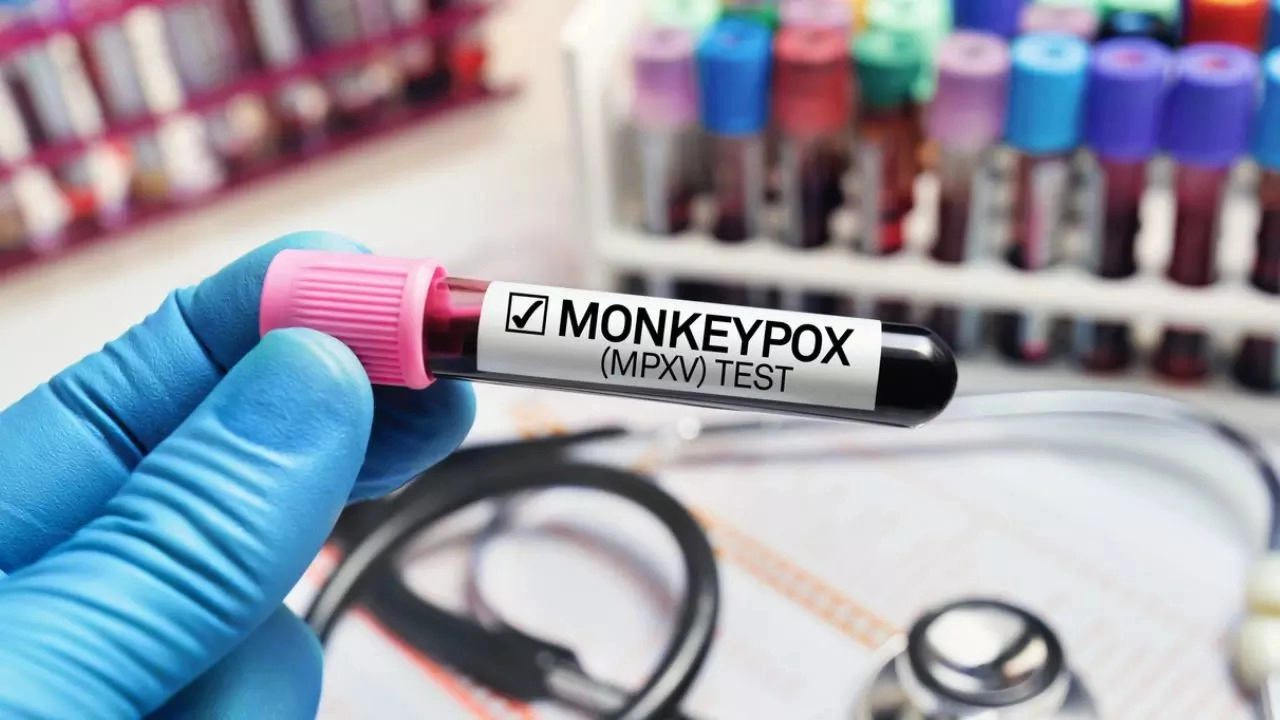Akanksha Arora • 24 Aug 2024
When Should You Get Tested For Mpox? Do's And Don'ts, Cost, And More

When Should You Get Tested For Mpox? Do's And Don'ts, Cost, And More. (Image: iStock)
Mpox, a zoonotic viral infection previously confined largely to Central and West Africa, has recently attracted global attention due to its spread into non-endemic regions. The World Health Organization (WHO) has issued updated guidelines to address this emerging threat. For the unversed, it is caused by the monkeypox virus, which belongs to the orthopoxvirus genus — this includes the smallpox virus. Mpox shares several similarities with smallpox, including its clinical presentation, which involves fever, swollen lymph nodes, and a distinctive rash that progresses through various stages. Although less contagious than smallpox, Mpox can still pose significant health risks, particularly to those with compromised immune systems, including young children.
While there have been no cases reported in India so far - it is important to understand the testing and screening process for the same.
Times Now Digital spoke to Dr Manjusha Agarwal, Senior Consultant Internal Medicine Gleneagles Hospitals about the testing on Mpox.
When should you get tested for Mpox?
If you have symptoms which are associated with monkeypox such as rashes on areas like the face, hands, feet, chest, genitals, or abdomen then you should opt for Mpox testing. As of now, testing for Mpox is highly recommended if someone has persistent rashes that have the potential of becoming pus-filled lesions over time.What is the testing procedure like?
Testing procedures for Mpox includes physical examination and certain tests. Your doctor may closely examine your rashes, lesions, and symptoms experienced to detect the early onset of monkeypox. He/she may also recommend some lab tests like collecting swabs or samples of the rash for further testing, biopsy, and fluid samples if the lesions have blisters. Other tests include PCR (Polymerase chain reaction) test, immunofluorescence, and electron microscopy.Cost of testing
The cost of these tests may vary from area to area depending on the type of laboratory or a hospital you choose.Do's and don'ts before getting tested
Do not undergo these tests before discussing it with your doctor. Schedule an appointment with a doctor to thoroughly discuss your symptoms to determine if these tests are necessary or not. Ensure that you share every small detail with your doctor such as symptoms, recent travel history, or any close contact with someone who has Mpox. This information can help analyze your chances of developing this viral infection. Avoid sharing your items like clothes, toothbrushes, makeup or skincare products, towels, and bedding to minimize the risk of contamination.Are any more tests required if you test positive for the disease?
If you are tested positive for monkeypox, you may undergo additional tests to ensure your safety. This can include some blood tests to evaluate your overall health while actively looking for complications associated with Mpox. Imaging tests like X-rays and CT scans can be helpful in quickly analyzing the current condition of your lungs and other organs for the betterment of your health.Symptoms of Mpox
Mpox is a viral disease that can significantly hamper one’s overall well-being. These symptoms can appear 5 to 21 days after getting infected with Mpox virus. This is why detecting monkeypox at its initial stage becomes nearly impossible. One of the most common symptoms of mpox is rashes and lesions that appear on areas like the mouth, face, chest, genitals, hands, feet, and abdomen. Other symptoms may include fever, headache, muscle aches, fatigue, swollen lymph nodes, dry cough, runny nose, sore throat, and loss of appetite.Get Latest News Live on Times Now along with Breaking News and Top Headlines from Health and around the world.